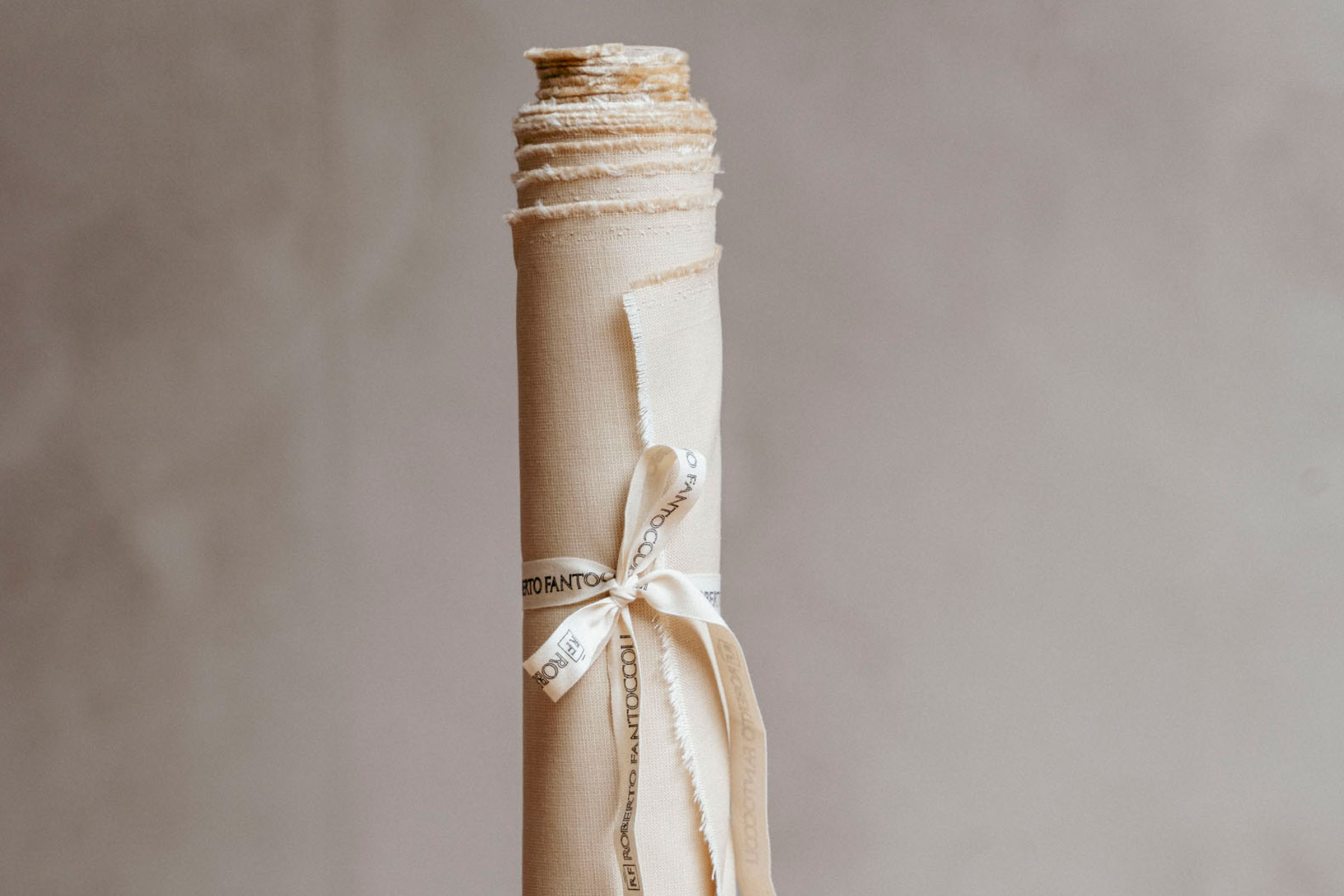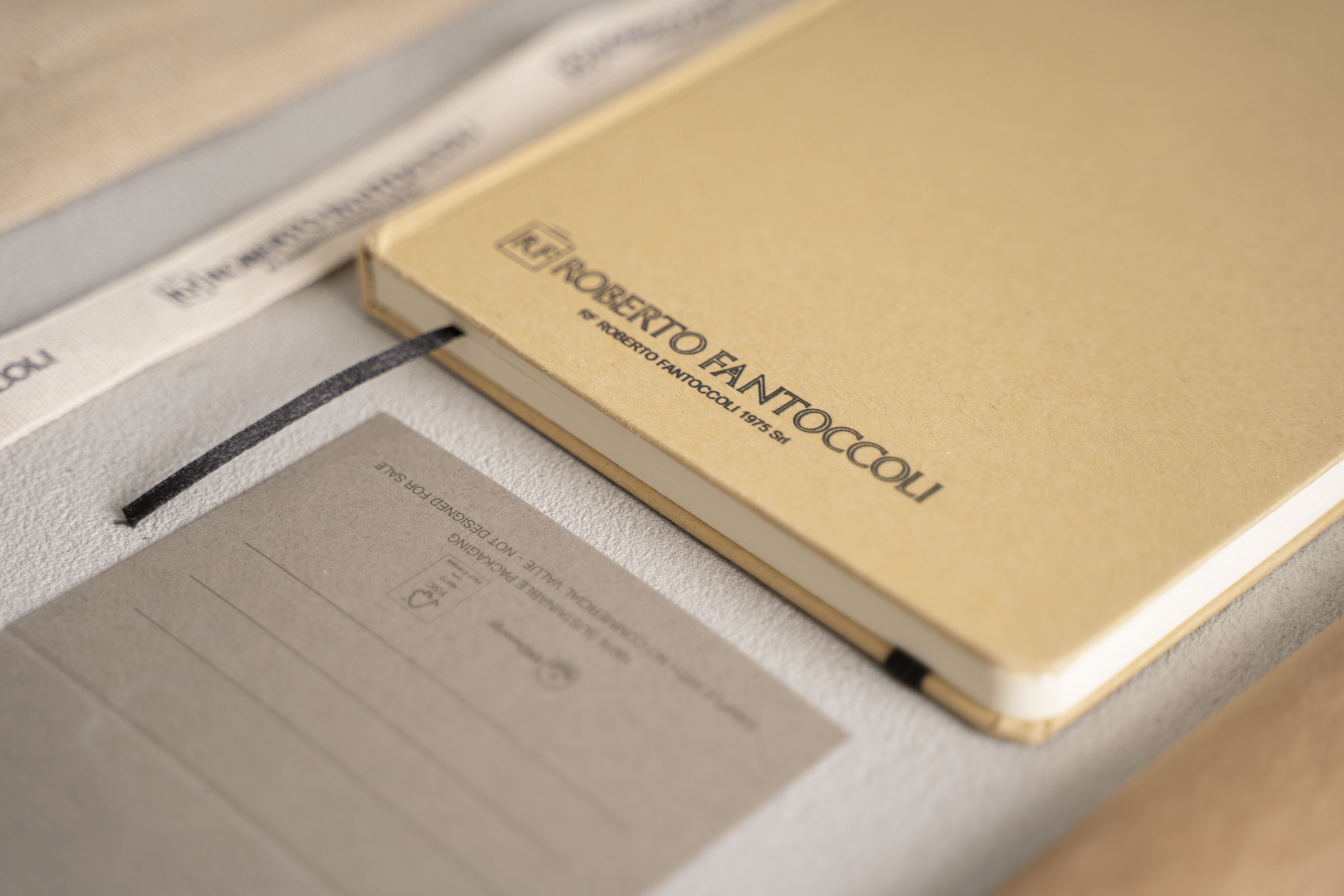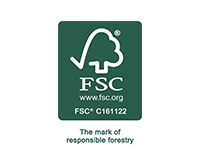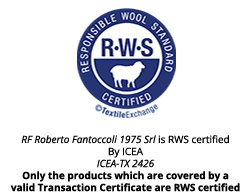
Our Values
A key aspect of our company is the commitment towards a sustainable development. Every product is studied to be or to have sustainable options. To grant the traceability of the Supply Chain the company implemented many action plans and obtained different certifications in a very short time.
The awareness on the topic and the desire to contribute to a cleaner industry led to the extension of the approach on all aspects of the business: economic, social, and environmental.
ECONOMIC
- Be updated with the last processing technology
- Researching new styles and fabrics designs
- Constantly collaborating with the clients to be as more efficient and responsive as possible
- Sustainably develop the business by using eco-friendly materials (FSC paper, PVC free packaging etc.)
SOCIAL
- Value the human resources by supporting their development and training also in terms of security with compulsory refresher courses
- Grant a safe work environment both internally and equal to respect the workers' statute (CCNL of the industry)
- Adhere to Sanimoda, the sectorial Assistance Fund for all employees
- Activation of agreements with specific partners (store and local business) to grant to all employees a better treatment
ENVIRONMENTAL
- Reduce wastes by carefully choosing the materials to work with and recycle as much as possible
- Use renewable energy and machineries with low environmental impact
- Select certified partners to respect the traceability of the supply chain
- Select territorial partners to limit emissions
- Mainly rely on Tintseta, the industrial partner, that is committed to the correct use of chemicals and it’s fully certified. It also adheres to the REACH and ZDHC compliant





One of the activities that the company is very proud of is the participation to a project for the global reforestation. The way RF Roberto Fantoccoli 1975 adhere to this activity is by economically granting for the replantation of the same number of trees used to produce every packaging item ordered that are made from paper.
Certifications
To grant the traceability of the supply chain the company completed in a very short time certifications in different areas.

The GOTS is recognized as the most important standards for sustainable production of garments and textiles made from natural fibers from organic farming as organic cotton, organic wool, and silk.
Read more
The Global Organic Textile Standard was developed by leading international organizations in organic agriculture in order to guarantee the consumer that organic textile products are obtained in compliance with stringent environmental and social criteria applied at all levels of production, from the collection in the field of natural fibers to the subsequent manufacturing phases, up to the labelling of the finished product. GOTS, responding to the strong demand for common production criteria by the industry and the distribution of textile and clothing products, has obtained a vast international recognition that allows those who produce and sell organic textile products to have available a certification accepted in all the main markets.

Global Recycled Standard (GRS) certifies products obtained from recycled materials and manufacturing activities. Enhance products made with recycled materials, in compliance with environmental and social criteria extended to all stages of the production chain
Read more
The Global Recycled Standard (GRS) is promoted by Textile Exchange, one of the most important non-profit organizations that internationally promote responsible and sustainable development in the textile sector. With this standard, Textile Exchange recognizes the fundamental importance of recycling for the growth of a model of sustainable production and consumption; aims to encourage the reduction of resource consumption (virgin raw materials, water, and energy) and to increase the quality of recycled products. The GRS provides for the issue of a third party verified environmental statement which proves:
- the content of recycled materials of their products (both intermediate and finished)
- compliance with environmental and social criteria in all the production chain.

The Forest Stewardship Council® (FSC®) is an international non-profit, multistakeholder organization established in 1993 that brought to life a certification system to promote responsible management of the world’s forests. The standards that have been set aim to fight the illegal cuts, violation of the rights of indigenous peoples and promote the protection of biodiversity.
Read more
This certification is internationally recognised and signifies that the product comes from responsible sources, environmentally appropriate, socially beneficial, and economically viable. Our company grant the chain of custody for viscose fibers derived from cellulose that are coming from certified plantations.

Better Cotton is the world’s leading sustainability initiative for cotton. The mission is to help cotton communities survive and thrive, while protecting and restoring the environment. In 2005, as part of a round-table initiative convened by WWF, a group of visionary organisations came together to make sure cotton had a sustainable future. The Better Cotton Initiative (BCI) is the largest cotton sustainability programme in the world.

EUROPEAN FLAX® is an international certification registered by the European Confederation of Flax and Hemp [CELC] that aims to guarantee the traceability for premium linen fibre grown in Western Europe. A natural sustainable fibre, cultivated without irrigation and GMO free.
Read more
This certificate guarantee the fibre origin, the environmental sustainability, the social responsibility, the performance properties and the traceability that is verified through each step of processing and trading until finished product, for the global industry. The lever built and endorsed by the whole Western European fibre industry in on a common Charter signed by each fibre producer.

The Responsible Wool Standard (RWS) aims to improve the welfare of sheep and the land they graze on and it is a voluntary standard that requires all sites, from wool farms to the seller in the final business-to-business transaction, to be certified. RWS farmers and ranchers are evaluated against animal welfare, land management, and social requirements set in the standard.
Read more
The goal is setting criteria for progressive practices that are better for animals and the land:
- Give the industry a tool that identifies farming best practices and incentivizes producers to meet these requirements.
- Help to verify that wool in a given product comes from farms that take a progressive approach to land management and respects the Five Freedoms of animal welfare.
- Provide a strong chain of custody for certified materials as they move along the supply chain.
- Strengthen companies’ claims that the products they sell contain certified material.

